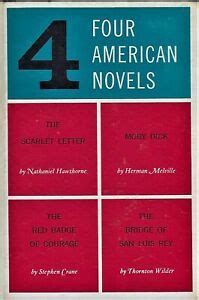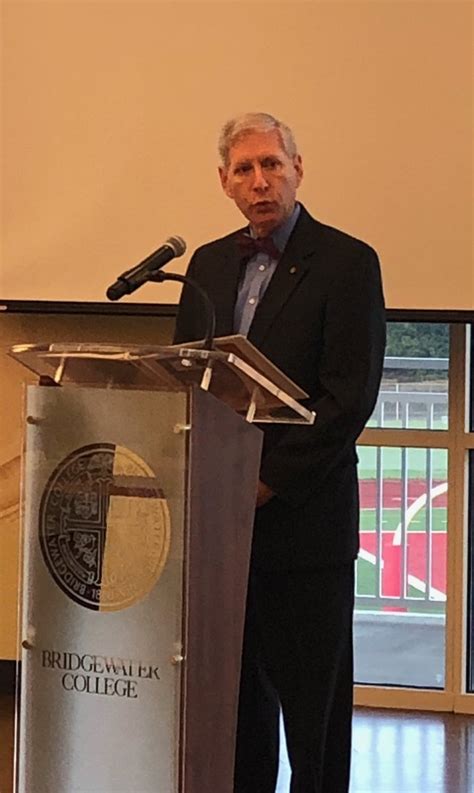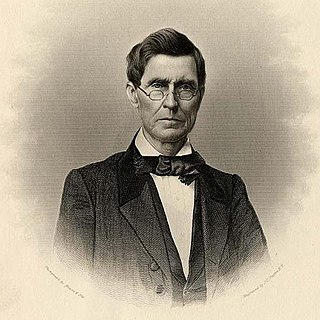A Quote by Nikola Tesla
His [Thomas Edison] method was inefficient in the extreme, for an immense ground had to be covered to get anything at all unless blind chance intervened and, at first, I was almost a sorry witness of his doings, knowing that just a little theory and calculation would have saved him 90 per cent of the labor. But he had a veritable contempt for book learning and mathematical knowledge, trusting himself entirely to his inventor's instinct and practical American sense. In view of this, the truly prodigious amount of his actual accomplishments is little short of a miracle.
Quote Topics
Accomplishments
Actual
Almost
American
Amount
Anything
Blind
Book
Book Learning
Calculation
Cent
Chance
Contempt
Covered
Doings
Entirely
Extreme
First
Get
Ground
Had
Him
Himself
His
Immense
Inefficient
Instinct
Inventor
Just
Knowing
Knowledge
Labor
Learning
Little
Mathematical
Method
Miracle
Per
Practical
Prodigious
Saved
Sense
Short
Sorry
Theory
Thomas
Thomas Edison
Truly
Trusting
Trusting Him
Unless
View
Witness
Would
Related Quotes
If he [Thomas Edison] had a needle to find in a haystack, he would not stop to reason where it was most likely to be, but would proceed at once with the feverish diligence of a bee, to examine straw after straw until he found the object of his search. ... [J]ust a little theory and calculation would have saved him ninety percent of his labor.
Thomas A. Edison was once reluctantly persuaded by his wife to attend one of the big social functions of the season in New York. At last the inventor managed to escape the crowd of people vying for his attention, and sat alone unnoticed in a corner. Edison kept looking at his watch with a resigned expression on his face. A friend edged near to him unnoticed and heard the inventor mutter to himself with a sigh, "If there were only a dog here!"
As a writer, politician, scientist, and businessman, [Ben] Franklin had few equals among the educated of his day-though he left school at ten. (...)Boys like Andrew Carnegie who begged his mother not to send him to school and was well on his way to immortality and fortune at the age of thirteen, would be referred today for psychological counseling; Thomas Edison would find himself in Special Ed until his peculiar genius had been sufficiently tamed.
When Luke had descended into the River Styx, he would've had to focus on something important that would hold him to his mortal life. Otherwise he would've dissolved. I had seen Annabeth, and I had a feeling he had too. He had pictured that scene Hestia showed me—of himself in the good old days with Thalia and Annabeth, when he promised they would be a family. Hurting Annabeth in battle had shocked him into remembering that promise. It had allowed his mortal conscience to take over again, and defeat Kronos. His weak spot—his Achilles heel—had saved us all
When Edison first started out with his "crazy" idea for the light bulb, skeptics were unmoved. They called Thomas Edison a con man and taunted him to prove his bulb could really work. Despite the naysayers, Edison pushed on, demonstrating the importance of sticking with his "crazy" idea which would go on to turn him into one of the world's most well-known entrepreneurs. The key here is to fan the foolish fire no matter what!
John Lennon was just one of us, another human just trying to get through the day, and help make tomorrow a little better. And he was willing to put his thoughts and feelings about all that into his music, and when he had the chance to speak in interviews. He was only around for a short time, but he learned so much and was willing to give his heart and mind to all of us. What he had to say still resonates with me, with all of his fans.
The master in the art of living makes little distinction between his work and his play, his labor and his leisure, his mind and his body, his information and his recreation, his love and his religion. He hardly knows which is which. He simply pursues his vision of excellence at whatever he does, leaving others to decide whether he is working or playing. To him he's always doing both.
A teacher can never truly teach unless he is still learning himself. A lamp can never light another lamp unless it continues to burn its own flame. The teacher who has come to the end of his subject, who has no living traffic with his knowledge but merely repeats his lesson to his students, can only load their minds, he cannot quicken them.
The first responsibility of the Muslim is as teacher. That is his job, to teach. His first school, his first classroom is within the household. His first student is himself. He masters himself and then he begins to convey the knowledge that he has acquired to the family. The people who are closest to him.
Strange is the vigour in a brave man's soul. The strength of his spirit and his irresistible power, the greatness of his heart and the height of his condition, his mighty confidence and contempt of danger, his true security and repose in himself, his liberty to dare and do what he pleaseth, his alacrity in the midst of fears, his invincible temper, are advantages which make him master of fortune.
I take a few breaths to calm myself, step back, and lift Buttercup by the scruff of the neck. "I should've drowned you when I had the chance." His ears flatten and he raises a paw. I hiss before he gets a chance, which seems to annoy him a little, since he considers hissing his own personal sound of contempt.
What a wee little part of a person's life are his acts and his words! His real life is led in his head, and is known to none but himself. All day long, the mill of his brain is grinding, and his thoughts, not those of other things, are his history. These are his life, and they are not written. Everyday would make a whole book of 80,000 words -- 365 books a year. Biographies are but the clothes and buttons of the man -- the biography of the man himself cannot be written.
Goods and possessions are no gain in his eyes. He stays far from wealth and honor. Long life is no ground for joy, nor early death for sorrow. Success is not for him to be pround of, failure is no shame. Had he all the world's power he would not hold it as his own. If he conquered everything he would not take it to himself. His glory is in knowing that all things come together in One and life and death are equal.
When a warrior fights not for himself, but for his brothers, when his most passionately sought goal is neither glory nor his own life's preservation, but to spend his substance for them, his comrades, not to abandon them, not to prove unworthy of them, then his heart truly has achieved contempt for death, and with that he transcends himself and his actions touch the sublime. That is why the true warrior cannot speak of battle save to his brothers who have been there with him. The truth is too holy, too sacred, for words." -Suicide (Gates of Fire)




































